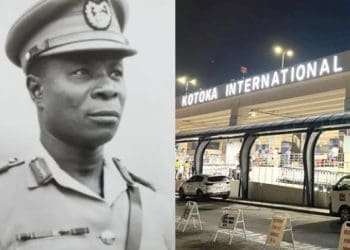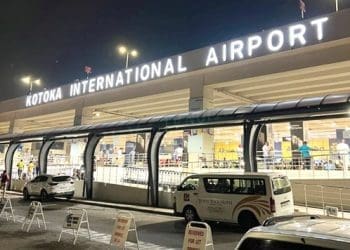The Homowo festival, celebrated annually by the Ga people, is meant to be a season of joy, thanksgiving, and unity. It commemorates the end of a historic famine and is often marked by the sprinkling of kpokpoi (a traditional cornmeal dish) across communities to drive away hunger and invite abundance.
Yet this year’s celebrations in parts of Accra—particularly Teshie and Sowutuom—turned tragic, with five people reportedly losing their lives during the festivities.
This raises a painful but important question: how does a festival of peace and tradition descend into violence and bloodshed?
A celebration overshadowed by violence
Homowo is historically tied to reconciliation and togetherness, but in recent years, it has also become associated with disputes over traditional authority, land ownership, and chieftaincy rights.
At both Teshie and Sowutuom, rival factions reportedly clashed during the kpokpoi sprinkling, leading to confrontations that escalated into deadly violence.
The conflicts appear to have been fueled by long-standing disagreements within local traditional councils. In some cases, factions contest who has the legitimate right to perform the sprinkling of kpokpoi—a sacred ritual that symbolises leadership and control.
When opposing sides clash over this symbolic act, it too often sparks violent confrontations, leaving ordinary residents caught in the crossfire.
The human cost
The deaths of four people during what should have been a moment of unity reflect the dangerous overlap of tradition and unresolved local conflicts.
Families mourning their loved ones are left questioning why disputes over rituals should ever cost human lives. Communities that should be strengthened by cultural celebrations are instead divided by bitterness and fear.
Calls for reflection and peace
Many Ghanaians are asking whether the spirit of Homowo is being lost. How can a festival meant to banish hunger and welcome abundance end in tragedy? The situation calls for deeper reflection by both traditional leaders and state authorities.
Traditional leaders must step up to mediate disputes peacefully and ensure that the sacred rituals of Homowo are not used as tools for power struggles.
Security agencies must be proactive in protecting citizens during such festivals, anticipating clashes where tensions are already high.
Communities themselves must embrace the core message of Homowo—peace, reconciliation, and thanksgiving—rather than allowing violence to taint the celebration.
Way forward
The deaths in Teshie and Sowutuom should not be seen as isolated incidents but as urgent reminders that cultural festivals must be safeguarded from violence. Homowo is a celebration of life, resilience, and victory over hardship.
For four lives to be lost in its observance is a tragedy that demands accountability, dialogue, and a recommitment to peace.
Until then, the question will linger: how can a festival designed to bring people together continue to drive them apart?














